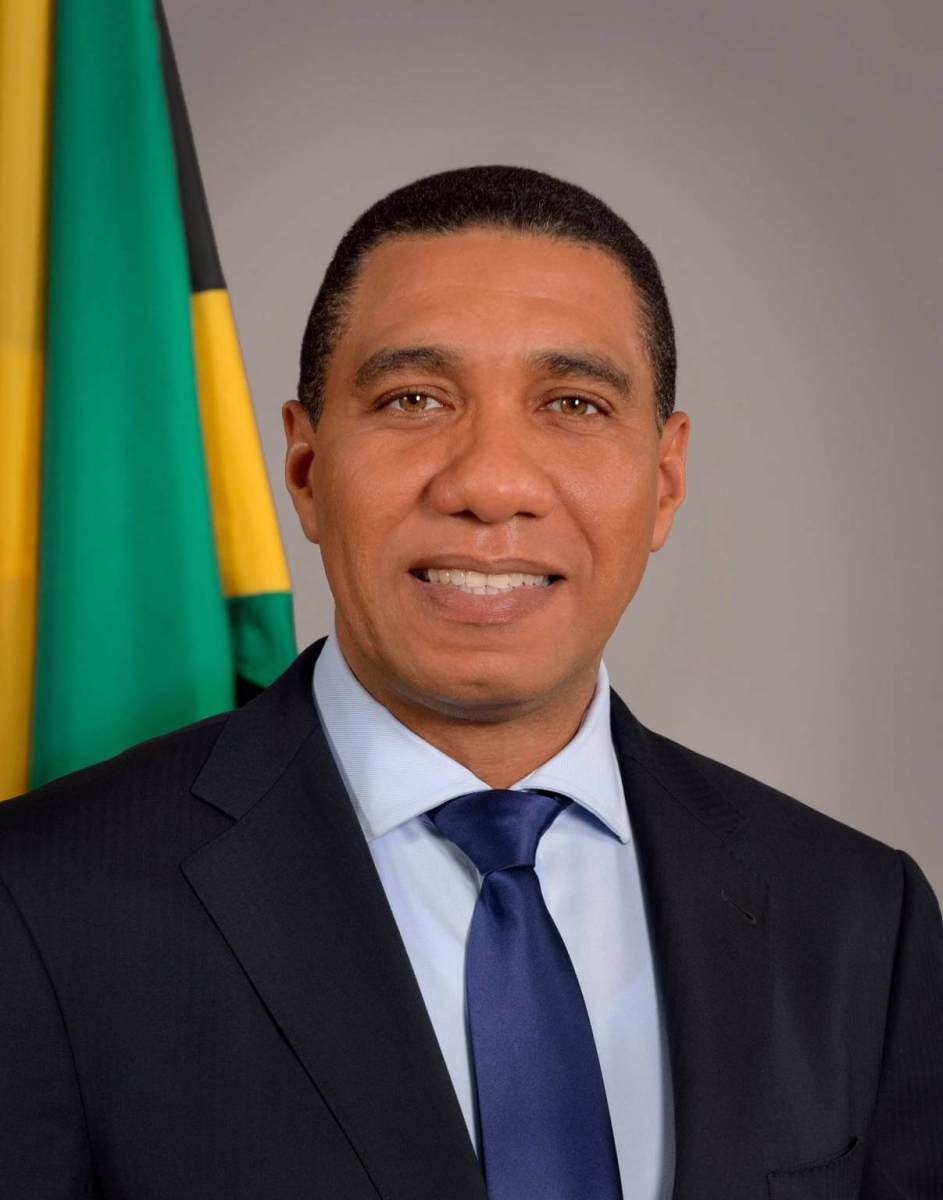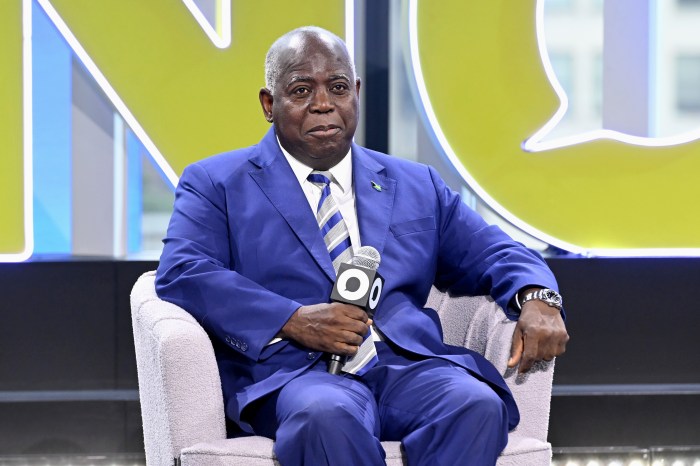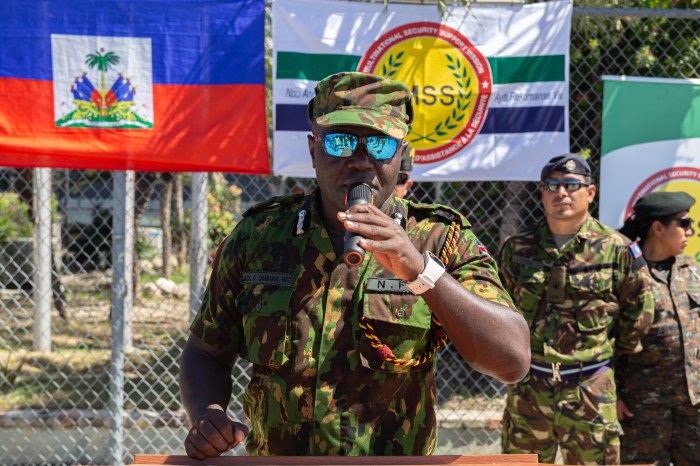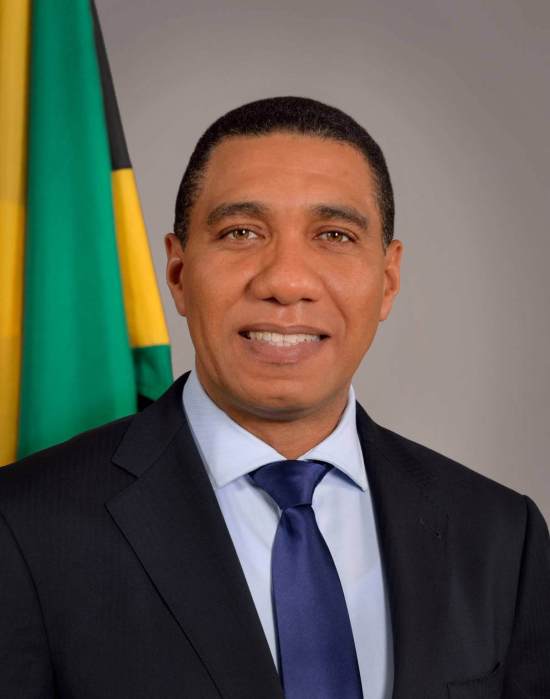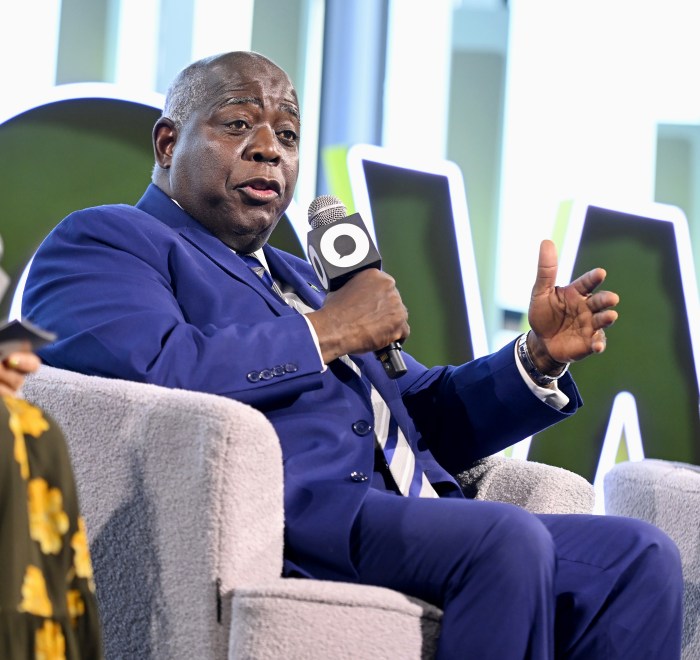Two days after leading a CARICOM delegation to strife-torn Haiti, Jamaica’s Prime Minister Andrew Holness says Haiti needs all the attention it can get even as he pointed to the country’s precarious security situation.
Holness was at the helm of a high-level regional team which spent half a day in Port Au Prince for talks with a multiplicity of stakeholders on finding ways to end months of conflict which has severely destabilized the 15-member bloc’s poorest and most populous nation. Senior ministers and diplomats from The Bahamas and Trinidad were also on the delegation.
Speaking at a diplomatic function in Jamaica on Tuesday, Holness said some Haitian institutions are still functioning but face severe challenges given the current situation.
“All stakeholders that we have spoken to have pointed out the emergency situation they face with security and safety of their citizens. With the right support, with the right attention, Haiti can overcome its challenges,” he said. “The region has an obvious interest in Haiti’s return to normalcy as they run the risk of suffering the consequences of the ongoing difficulties there which have the potential of spilling over. Therefore, the region must pay keen attention to the issues there and work towards solutions,” Holness said.
Caribbean leaders who had met in The Bahamas in mid-February for their biannual meeting had ordered a fact-finding delegation to visit the troubled member state which has persistently reached out to its neighbors for help, sometimes with lukewarm responses.
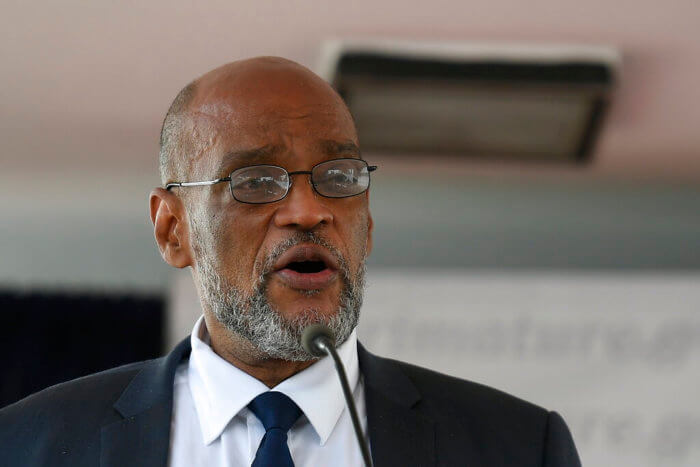
Haitian Prime Minister Ariel Henry has even asked for troops from the region to form part of an international security force but the United Nations, which is expected to play a lead role on this issue, has not yet decided on it.
Meanwhile, Trinidadian Minister of Foreign Affairs, Avery Browne told Newsday newspaper that the region has not reached the stage where member nations are ready to place boots on the ground. “At this stage it is a little bit premature. What the region is clear on is that the solution to the crisis has to be Haitian-led. Those of us from the periphery who might be calling for troops to go in and so forth, it’s a little bit premature of us to get to that stage. That is one of the areas that will be discussed during these stakeholder consultations and we’ll see where those discussions go. It really would be to get the government of Haiti as it currently stands, the national police service of Haiti, the opposition elements and other key stakeholders to the table and analyze what would be the most prudent next steps.”
Haiti was a key agenda item at the three-day summit. Canadian Prime Minister Justin Trudeau was allowed to address the leaders as a special guest, announcing a raft of measures in support of Haiti. Canada has a large Haitian diaspora which has been pressuring authorities to act.
Haiti’s neighbors, The Bahamas and The Turks and Caicos, were particularly keen for a full discussion on the situation as they have complained of being overrun by Haitian boat people seeking a better life in sister countries.
Addressing the forum, PM Trudeau said Canada will send additional mine resistant ambush protected vehicles to local police to help them beat back gangs, while navy vessels will also be deployed off the Haitian coast to “conduct surveillance and gather intelligence, and maintain a maritime presence. “The toll of human suffering in Haiti weighs heavily on me. As Canadians, our fundamental objective is to ease this suffering and empower Haitians to chart their own future,” he told regional colleagues. The Canadians last month sent a high tech surveillance plane to overfly troubled areas to disrupt communication systems being used by local gangsters.
He said, as well, Ottawa will target local elites who have used their influence and resources to back criminal gangs and fuel instability.
A grant of $10 million will be given to the International Office of Migration to provide help to Haitian women and children who are struggling along the border with The Dominican Republic. And we will invest an additional $12.3 million in humanitarian assistance. “Together, with CARICOM, Canada and international partners can help Haitians bring an end to the crisis and build a better, and more hopeful, future for their country,” he said to applause from the audience.


